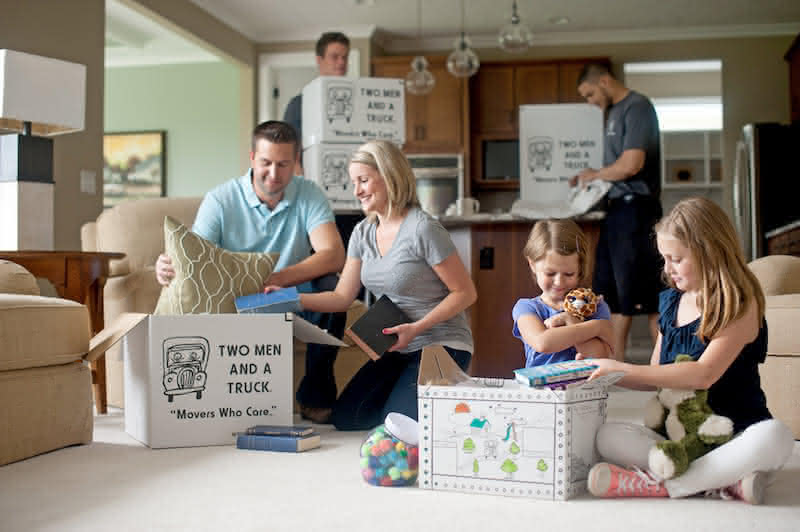
Moving and the thrill of a new place to live is exciting! But it is also stressful. You’ve likely heard moving is one of the most stressful events in a person’s life. Here are some strategies and tips to make your next move a smooth one.
PLANNING
- A little pre-planning will go a long way toward ensuring your move goes well.
- Plan to carry important documents, money and jewelry with you.
- Remember to pack a box of basics that you may need on move-in day (tools, paper products, all-purpose house- hold cleaners, etc.).
- Purchase special boxes for dishes, wardrobe and other special items. For the rest, use strong boxes and containers that can be secured tightly.
- Arrange to have rugs and draperies cleaned before moving and leave them in wrappings for the move.
- Medicines should be placed in a plastic zip lock bag or leak-proof container before packing into a box.
- Check the weather forecast for your moving day. If it’s going to be hot, arrange to have a cooler with lots of bottled water and sports drinks on ice.
- Call your moving company the day before your move to get a contact number for the crew doing your move, in case you need to contact them on route. Give your mover your cell phone number and be sure to fully charge your cell phone the night before your move day.
- Prepare toys, games or special items for the kids to keep them busy during the move.
PACKING
Even if you decide to pay professional movers to pack for you, it helps to be aware of these important guidelines.
- Don’t pack paint, bottles of bleach, gas cans, or other flammables. It is against federal law for movers to transport hazardous materials.
- Avoid loading more than 50 pounds into one box. Your movers may well be able to handle it on moving day, but you won’t be happy trying to move them in your new home.
- Pack audio-video equipment in their original boxes is possible. Label your cables and tighten transit screws. Before removing cables take pictures of the back of the unit so you can hook everything back up the same way.
- If removing screws from A/V equipment, artwork, or furniture, tape them to the objects they are removed from.
- Label each box and indicate the following:
- (a) Which room it should go
- (b) Whether it is fragile
- (c) If it should be loaded last so it will be unloaded first.
- Cushion contents with packing material such as bubble wrap, newspaper or tissue. Save room by using towels and blankets to wrap fragile items.
- Pack books tightly on end in small boxes. If your books smell musty, sprinkle talcum powder between the pages and wrap the book before packing. Leave it stored for a couple of months to eliminate the smell.
- And once the movers have taken the last box out of the old house, remember to double-check all closets, drawers, shelves, attic and garage to ensure they are empty.